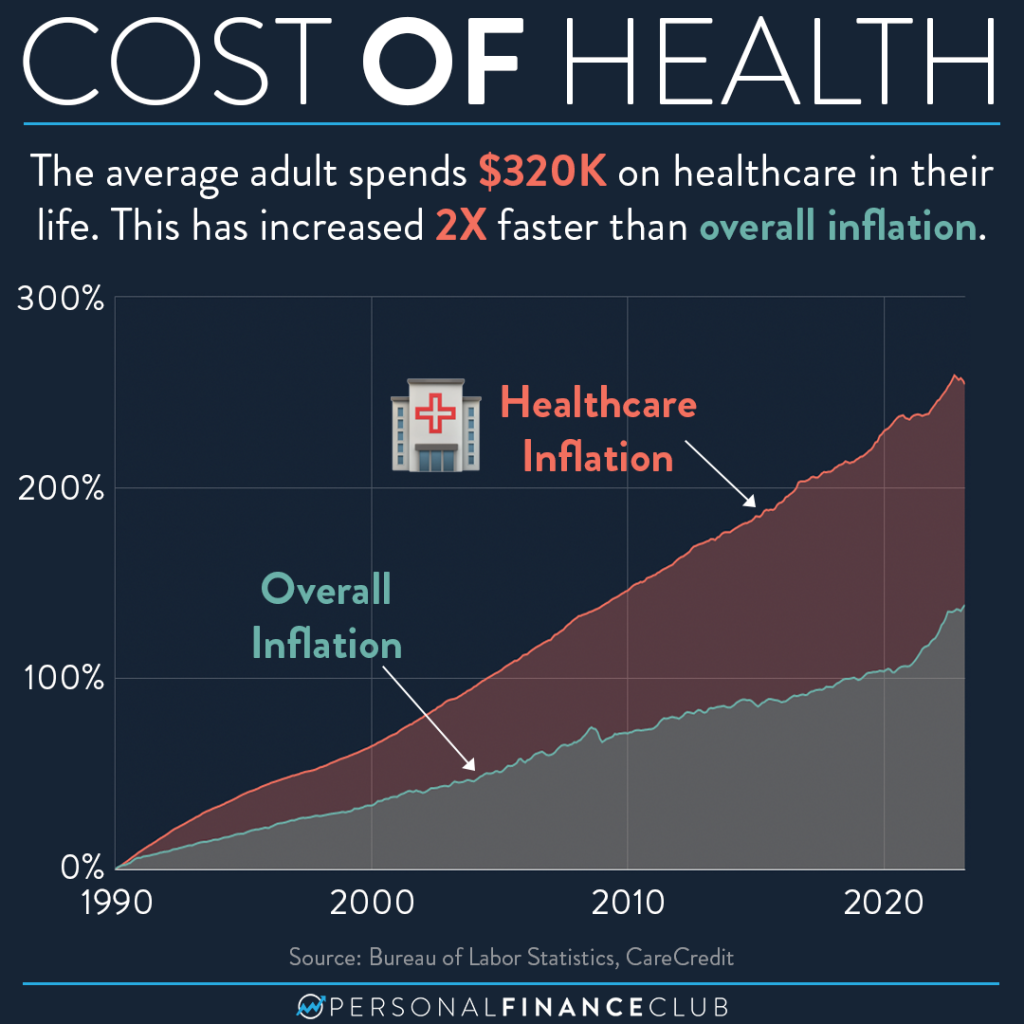Comprehensive Healthcare RCM for Improving Client Payment and Payments
Wiki Article
Understanding the Function of Health Care RCM in Enhancing Financial Performance and Client Contentment
Navigating the intricacies of Healthcare Profits Cycle Administration (RCM) is crucial for achieving optimal financial efficiency while simultaneously elevating patient complete satisfaction. RCM's ability to improve invoicing, make sure exact coding, and accelerate insurance claims processing stands as a cornerstone of modern-day healthcare operations. However, the nuanced interplay in between these elements warrants a better evaluation to fully value their effect on both doctor and individuals. As we check out the transformative potential of RCM, questions concerning its calculated application and future developments beckon, encouraging understandings that could redefine sector requirements and patient experiences alike.

Key Components of RCM
In the facility landscape of healthcare, Income Cycle Administration (RCM) is critical in guaranteeing monetary stability and functional effectiveness. A thorough RCM system includes a number of vital elements, each playing an important duty in the smooth administration of a health care service provider's financial procedures. Individual registration and eligibility confirmation are foundational steps, making certain that exact client details is caught and insurance protection is validated before solutions are rendered. This reduces the threat of insurance claim denials and increases the compensation process.
Cost capture is one more essential element, involving the precise recording of solutions provided to individuals. It ensures that all billable services are made up, therefore making the most of income capacity. Concurrently, clinical coding translates patient experiences into standardized codes, which are critical for invoicing and governing conformity.
Insurance claims submission and administration comply with, entailing the preparation and submission of insurance claims to payers. This procedure calls for meticulous attention to detail to lessen mistakes and protect against delays. Denial administration is a positive technique to address and deal with denied claims, protecting profits streams.
Last but not least, settlement posting and client collections complete the cycle, making certain settlements are accurately tape-recorded and impressive equilibriums are pursued. Together, these components develop a durable structure that supports the economic and operational health of health care companies.
Effect On Financial Efficiency
Effective Earnings Cycle Monitoring (RCM) dramatically influences a medical care organization's financial performance by enhancing cash money flow and minimizing profits leak. RCM incorporates the comprehensive invoicing and collection processes that make sure health care carriers successfully manage their financial purchases from person registration to final settlement. By simplifying these procedures, companies can reduce denied cases, quicken settlement cycles, and boost general monetary health.Financial efficiency is boosted via precise monitoring of payment treatments, which involves exact coding and timely entry of cases. This decreases the probability of insurance claim denials and denials, which can dramatically impede revenue circulation otherwise attended to immediately. In addition, integrating innovative innovation remedies assists in real-time monitoring of insurance claims and economic metrics, offering medical care administrators with the devices required to make enlightened calculated decisions.

Enhancing Client Complete Satisfaction
While enhancing financial performance is a key objective of Income Cycle Management (RCM), it also plays a critical role in enhancing patient satisfaction. By decreasing administrative burdens, RCM permits medical care carriers to concentrate a lot more on individual care, which directly boosts person contentment.
RCM additionally boosts person contentment via reliable interaction. By keeping a comprehensive data source of client details, RCM helps with look here enhanced interaction in between patients and doctor, guaranteeing patients really feel notified and valued. This transparency and access promote a positive person experience. On the whole, efficient RCM implementation not just increases financial end results however additionally substantially contributes to a patient-centered medical care atmosphere.
Strategies for Efficient RCM
Attaining effective Profits Cycle Monitoring (RCM) needs health care companies to implement a collection of critical practices that make sure economic stability and operational effectiveness. One critical technique is the fostering of technology-driven remedies, such as integrated software program platforms that improve payment procedures, reduce errors, and boost information accuracy. These systems enable real-time monitoring of economic metrics, permitting timely recognition and correction of inefficiencies.An additional technique is the standardization of procedures throughout the earnings cycle. Healthcare RCM. This involves establishing constant plans for individual enrollment, insurance policy verification, and declares handling. By making certain that all team abide by these criteria, companies can minimize discrepancies and expedite payment collections
Staff training and development also play a critical role in effective RCM. Well-trained employees can successfully navigate intricate payment treatments and guidelines, boosting and reducing denials money flow. Routine updates on plan changes and ideal methods assist preserve a skilled and educated workforce.
Future Trends in RCM
As health care organizations boost their Income Cycle Monitoring (RCM) methods with technology and standard processes, focus is now transforming towards the future patterns shaping this essential area. One substantial trend is the assimilation of synthetic knowledge (AI) and device discovering to automate complex jobs, such as cases processing and anticipating analytics. These technologies are expected to lower errors, speed up purchase times, and offer data-driven understandings for far better decision-making.
In addition, the shift in the direction of value-based treatment remains to influence RCM techniques - Healthcare RCM. Healthcare carriers are expected to progressively concentrate on patient results and contentment, necessitating RCM systems that can fit brand-new repayment models. This shift will need even more comprehensive data collection and analysis to successfully report and measure on performance metrics
Interoperability is one more arising top priority, as smooth information exchange in between disparate systems becomes vital. Improved interoperability will certainly promote even more accurate patient information sharing, decreasing administrative problems and enhancing the individual experience.
Verdict
Health Care Revenue Cycle Monitoring (RCM) dramatically affects both financial efficiency and individual fulfillment by optimizing payment processes, ensuring specific coding, and allowing punctual insurance claims entry. Efficient RCM minimizes profits leakage and speeds up cash circulation, reducing insurance claim denials and accelerating payments.Navigating the intricacies of Health care Revenue Cycle Administration (RCM) is essential next for attaining optimal monetary efficiency while at the same time boosting patient fulfillment. RCM encompasses the extensive payment and collection procedures that ensure health care carriers efficiently manage their economic purchases from client registration to last settlement. By reducing administrative problems, RCM permits healthcare companies to concentrate more on client care, which directly enhances person satisfaction.
By preserving a detailed data source of person information, i thought about this RCM helps with enhanced interaction in between people and medical care providers, guaranteeing individuals really feel notified and valued.Health Care Profits Cycle Administration (RCM) substantially affects both monetary efficiency and patient complete satisfaction by enhancing billing processes, ensuring precise coding, and enabling prompt claims entry.
Report this wiki page